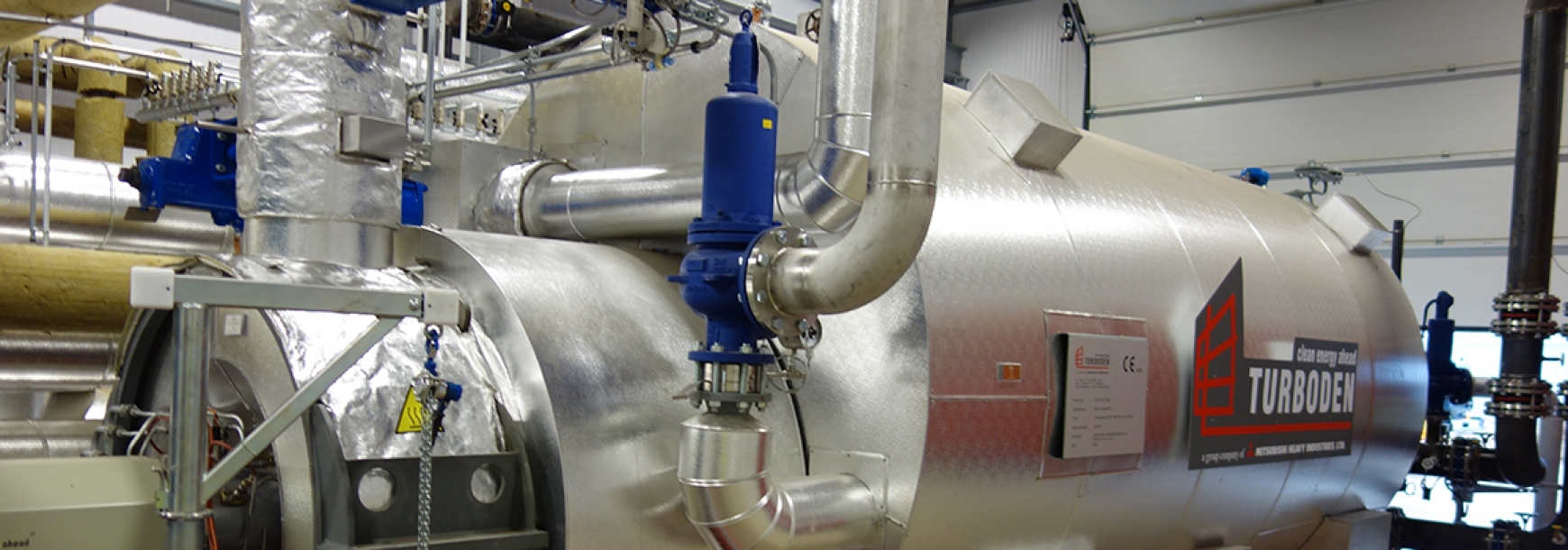What is STOR?
National Grid keeps a watchful eye over our national power needs as it is a fine balancing act satisfying demand with supply. To this end it needs reserve power, either as generation or demand reduction, to be able to counteract any extra demand for power that was not forecast or when plants they were relying on become unavailable.
When it is economically viable, National Grid will procure part of this reserve requirement ahead of time through STOR, which is a contracted balancing service. Members of STOR (generators) deliver contracted levels of power within the pre-agreed parameters when instructed by National Grid, and are offered cash incentives for the power they provide.
As being part of STOR requires the ability to generate power reliably on demand, intermittent generation technologies such as wind and PV are unsuitable for being part of the scheme.
Generators must be able to offer a minimum of 3MW of generation or steady demand reduction. However, multiple generators can come together to form a collective that meets this criteria – companies known as aggregators facilitate this arrangement, and can be contracted to facilitate
How do you get a STOR contract?
National Grid run a competitive tender process with three tender rounds per year. You can tender in for one or more STOR seasons (six seasons in one year) up to a total contracted period of two years. The tenders are assessed by National Grid and accepted or rejected.
If a tender is successful, you must be available to operate at the contracted MW during the ‘availability window’. These windows vary according to the season but are published by National Grid. Each year providers can make themselves available for a maximum of 3,800 hours.
What will you get paid?
The two key income streams through STOR are:
- Availability payments – during an agreed availability window, National Grid pays for generation on a £/MW/hr basis.
- Utilisation payments – when specifically instructed to deliver, National Grid will pay for the energy delivered on a £/MWh basis, including energy delivered in ramping up to and down from the contracted MW level.
The STOR scheme requires a substantial commitment from any generator that wishes to be a part of it, but offers sound financial incentives for those who are able to generator reliably during agreed times, and are able to promptly respond to additional calls to generate when required.
Is STOR right for you? If you’re unsure, we’re here to help!




